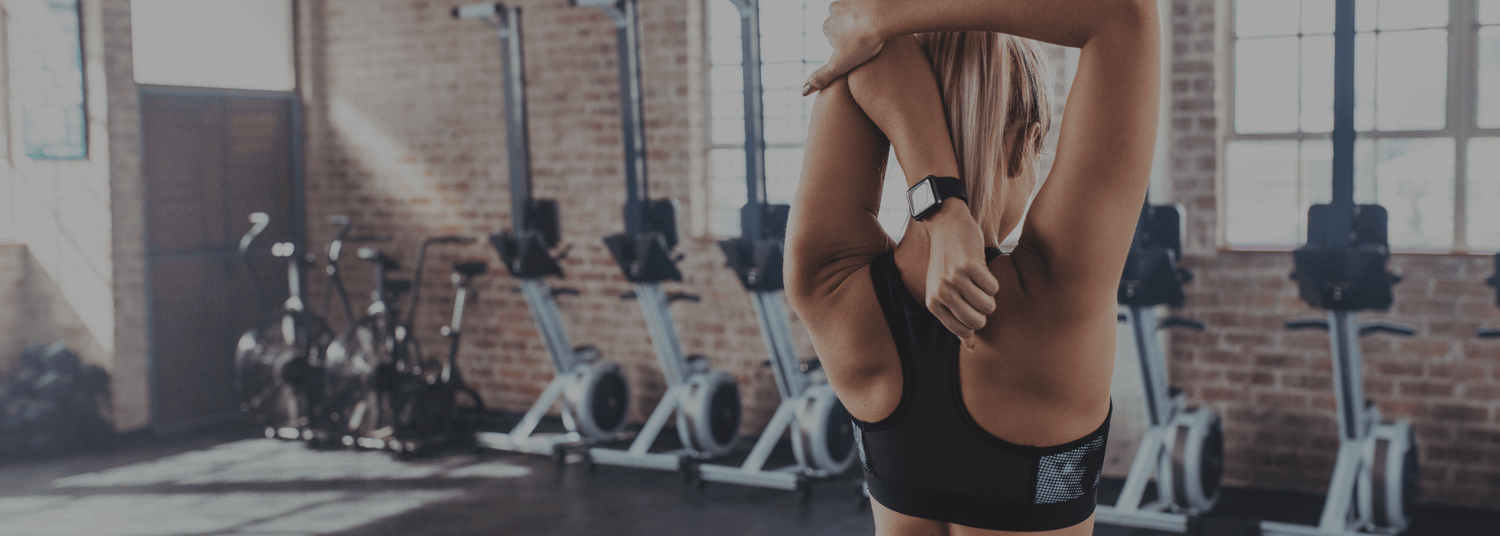Sports and Nutrition: What and How Much Should You Eat for Optimal Performance?
Curious about how to best align your nutrition with your sports activities? In this article, we share practical tips on nutrition and sports and when it is necessary to adjust your diet based on your sports level.
Basic Nutrition for Athletes
Regardless of your level of sports, a balanced basic diet is essential. This follows the guidelines of the Wheel of Five:
- Vegetables : 250 grams per day
- Fruit : 2 pieces per day
- Nuts : A handful per day
- Whole grain products : 3-6 tablespoons
- Bread : 4-7 slices
- Fluid intake : 2 liters per day
- Dairy : 2-3 servings
- Fish, legumes or meat substitutes : 1 portion per day
- Fats : 65 grams, such as margarine on bread and baking fats
This base provides sufficient fibres, minerals, vitamins and building blocks. Intensive athletes may need more energy, proteins, carbohydrates and fluids.
When to Adjust Your Diet?
Do you follow the Voedingscentrum for light exercise, such as weekly jogging, fitness or walking? In that case, your regular diet is often sufficient. If you exercise twice a week or more and focus on performance, it is wise to adjust your protein and calorie intake.
Calorie requirement
Exercising a lot increases your calorie needs. Use an app like My Food Meter to calculate your energy needs and get enough calories.
Proteins
During intensive training your muscles need extra proteins for recovery. The guidelines for protein intake per type of sport:
- Endurance athletes : 1.4-1.6 grams per kg body weight
- Power + Endurance/Interval : 1.6-1.8 grams per kg
- Strength training : 1.8-2.0 grams per kg
Tips: Choose proteins with all essential amino acids. Vegetarians and vegans can also use protein shakes to meet their needs.
Carbohydrates for Energy
Carbohydrate needs vary depending on exercise intensity:
- Strength athletes/team athletes : 3-5 grams per kg body weight
- Endurance athletes : 5-7 grams per kg
- Very intensive athletes : 8-12 grams per kg
Timing of Nutrition
- Before exercise : Drink 400-600 ml of water, 2-4 hours beforehand.
- During exercise : Drink 150-300 ml of water every 15 minutes during intensive training.
- After exercise : Replenish glycogen stores with carbohydrates and proteins for recovery.
Fats for Health
Fats are important for the absorption of vitamins such as A, D and E. Recommendations:
- Intake : 20-35% of your daily energy
- Saturated fats : Less than 10%
- Unsaturated fats : Nuts, fish, olive oil and margarine
Fluid intake
Drinking enough supports the removal of waste products and temperature regulation. Aim for light yellow urine and ensure sufficient fluids before, during and after exercise.
Supplements
Choose supplements only as a complement to a healthy diet. Popular supplements:
- Vitamins : A multivitamin can be helpful for deficiencies.
- Performance enhancing : Creatine, beta-alanine and caffeine can support athletic performance.
Conclusion
Good sports nutrition starts with a balanced base. Intense athletes often need extra proteins, carbohydrates, calories and fluids. Timing of food can contribute to better performance and recovery. Supplements can be supportive, provided your basic nutrition is in order.
Do you have any questions about nutrition and sports that aren't covered here? Leave a comment or reach out to us via social media or email!




Leave a comment
All comments are moderated before being published.
This site is protected by hCaptcha and the hCaptcha Privacy Policy and Terms of Service apply.